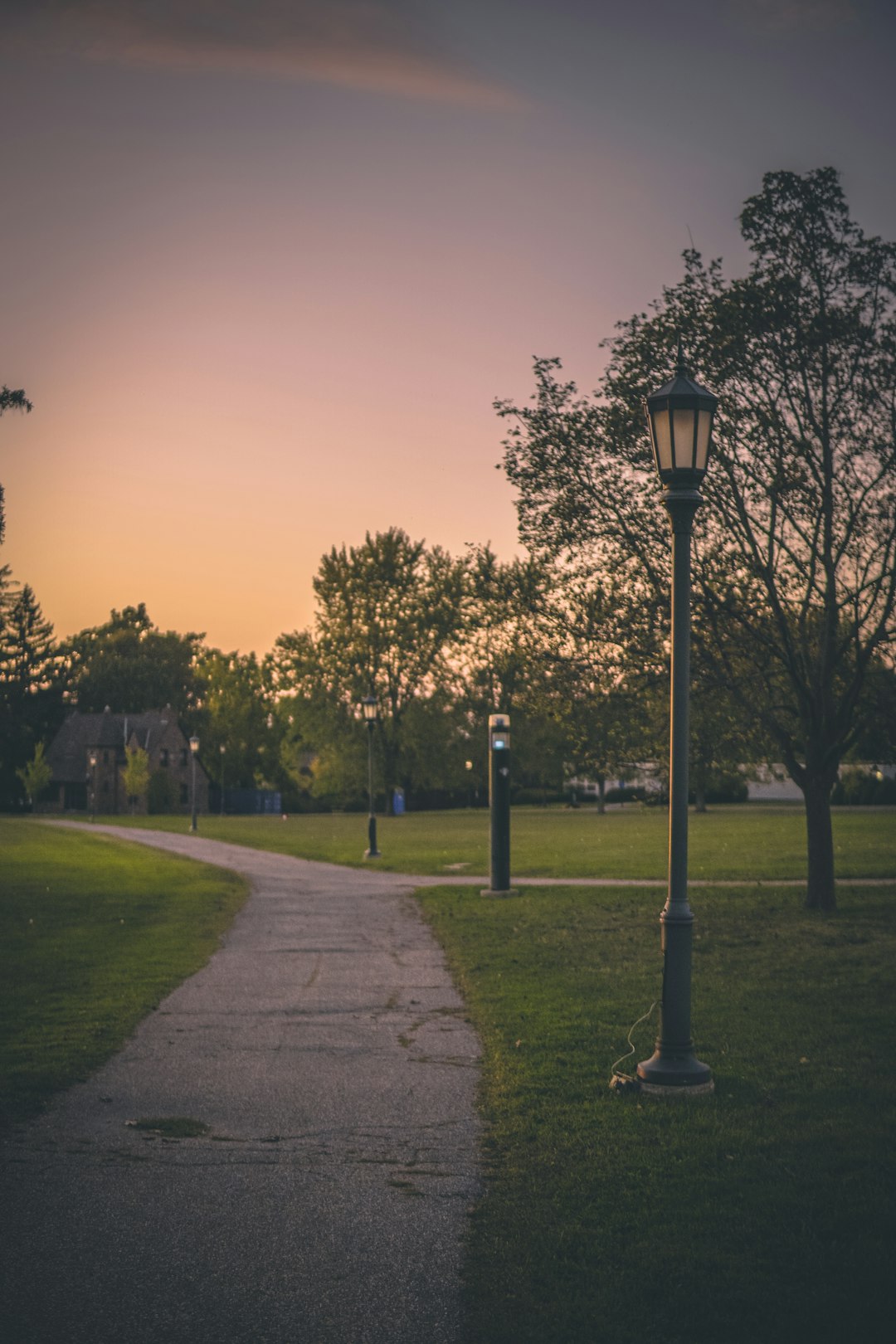Unwanted calls, including telemarketing and robocalls, are a significant disturbance in Vermonters' daily lives, causing stress, disrupting communication, and leading to financial loss. Libraries in Vermont act as community hubs, offering educational tools like consumer guides, legal workshops, and online databases to empower residents with knowledge about privacy laws and their rights against intrusive communications. Lawyers specializing in unwanted call laws can collaborate with these institutions to offer workshops and seminars, enhancing digital literacy and privacy awareness. By positioning libraries as key allies, Vermont's legal professionals can help combat persistent unsolicited calls, including potential actions against a lawyer for intrusive phone communications.
Vermont’s libraries play a vital role in educating residents about unwanted calls, a pervasive issue impacting well-being and privacy. This article explores how these institutions provide valuable resources to combat unwanted contact, focusing on telemarketing, scams, and harassment. We delve into the specific educational tools and services they offer, highlighting their significance in empowering individuals. Additionally, we discuss collaboration opportunities for lawyers with Vermont’s libraries to enhance efforts against intrusive calls, offering a comprehensive strategy for a safer community.
Understanding Unwanted Calls and Their Impact in Vermont

In Vermont, unwanted calls, often referred to as telemarketing or robocalls, have become a prevalent and disturbing issue for many residents. These incessant calls can disrupt daily life, cause stress, and even lead to financial loss, especially when they involve scams or fraudulent activities. Understanding the impact of these calls is crucial, given that Vermonters, like many others across the country, are increasingly reliant on their phones for communication and information.
A lawyer for unwanted call Vermont can attest to the frustration and concern this issue sparks among the population. The constant barrage of unsolicited calls can invade personal space, making it difficult for individuals to conduct business or simply enjoy peace of mind at home. Moreover, the rise of automated voice services and text messages further complicates matters, as these technologies can be hard to trace and regulate. Vermont’s libraries, recognized as community hubs for learning and information access, play a vital role in educating residents about their rights, options, and strategies to combat unwanted calls effectively.
The Educational Resources Libraries Offer

Vermont’s libraries serve as more than just repositories of books; they are hubs of educational resources that cater to a wide range of topics, including those related to unwanted calls. These institutions offer a wealth of materials, such as guides on consumer rights and privacy laws, which equip individuals with the knowledge to understand and protect themselves against intrusive phone calls. Many libraries also host workshops and seminars conducted by legal experts who specialize in unwanted call cases, providing valuable insights for Vermont residents seeking guidance.
Moreover, libraries provide access to online databases and research tools that facilitate in-depth learning about laws governing telemarketing practices and the rights of consumers. For those considering legal action against a lawyer for unwanted calls, these resources prove invaluable. By fostering literacy and awareness about privacy rights and legal options, Vermont’s libraries play a crucial role in empowering citizens to take proactive measures against intrusive phone communications.
How Lawyers Can Collaborate with Vermont's Libraries to Combat Unwanted Calls

Vermont’s libraries, with their vast resources and community-centric focus, play a pivotal role in educating residents about unwanted calls and privacy protection. Lawyers specializing in unwanted call laws in Vermont can collaborate with these institutions to amplify this educational mission. By offering workshops and seminars within library spaces, legal professionals can provide insights into the legal aspects of dealing with telemarketing calls, robocalls, and spam text messages.
These sessions could cover topics such as understanding consumer rights, registering for do-not-call lists, and taking proactive measures to block unwanted communication. Such partnerships not only empower individuals but also foster a culture of digital literacy and privacy awareness within the community, making Vermont’s libraries key allies in combating the persistent issue of unsolicited calls.






